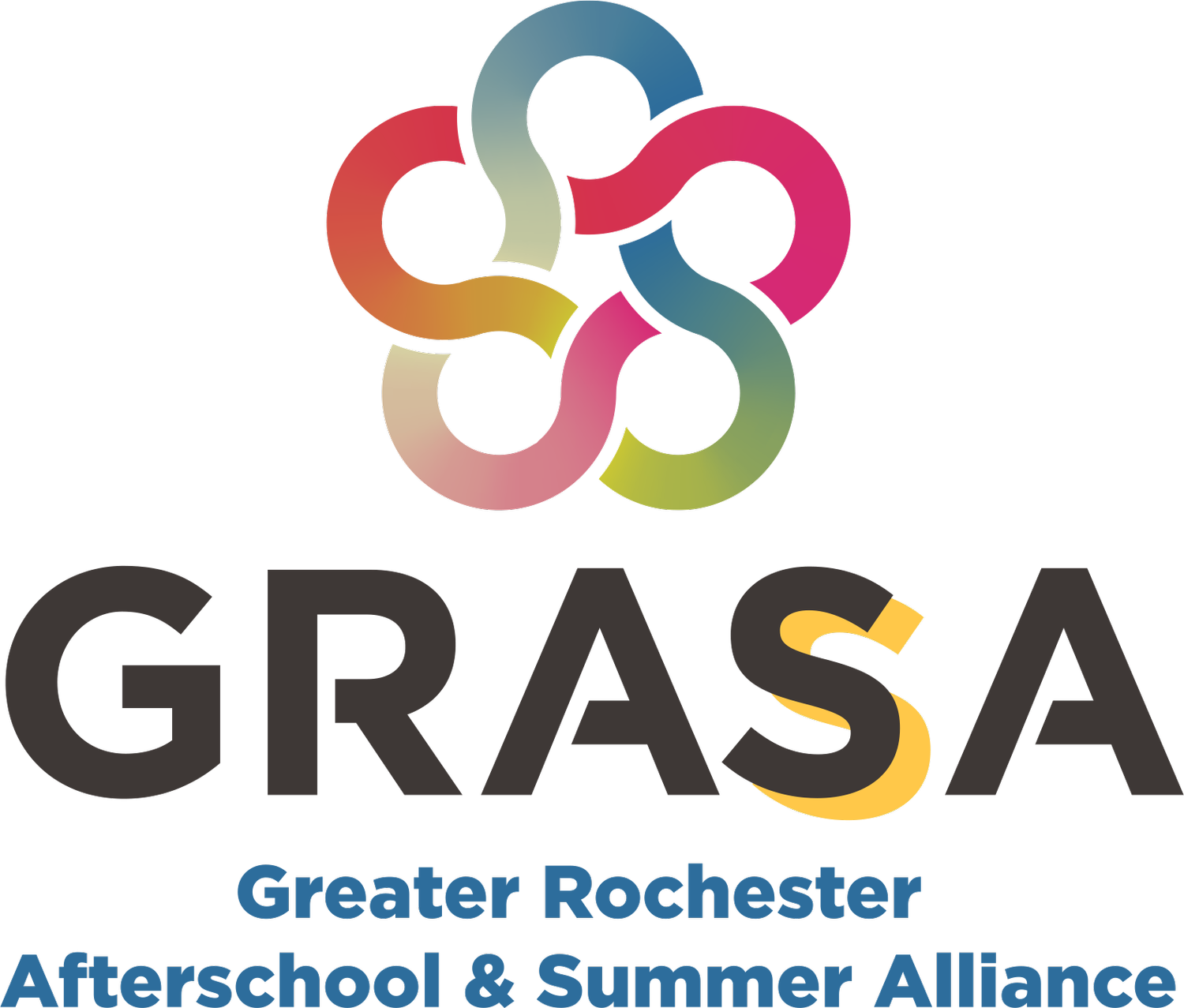What is Social and emotional learning?
Social and emotional learning (SEL) is the process through which children and adults understand and manage emotions, set and achieve positive goals, feel and show empathy for others, establish and maintain positive relationships, and make responsible decisions. SEL is an integral part of education and human development.
SEL advances educational equity and excellence through authentic school-family-community partnerships to establish learning environments and experiences that feature trusting and collaborative relationships, rigorous and meaningful curriculum and instruction, and ongoing evaluation. SEL can help address various forms of inequity and empower young people and adults to co-create thriving schools and contribute to safe, healthy, and just communities.
The CASEL (Center for Academic, Social and Emotional Learning) 5
The CASEL 5 addresses five broad, interrelated areas of competence:
Self-awareness – to understand one’s own emotions, thoughts, and values and how they influence behavior across contexts
Self-management – to manage one’s emotions, thoughts, and behaviors effectively in different situations and to achieve goals and aspirations
Social awareness – to understand the perspectives of and empathize with others, including those from diverse backgrounds, cultures, & contexts
Relationship skills – to establish and maintain healthy and supportive relationships and to effectively navigate settings with diverse individuals and groups
Responsible decision-making – to make caring and constructive choices about personal behavior and social interactions across diverse situations
The CASEL 5 can be taught and applied at various developmental stages from childhood to adulthood and across diverse cultural contexts. Community partners often provide safe and developmentally rich settings for learning and development, have a deep understanding of community needs and assets, are seen as trusted partners by families and students, and have connections to additional supports and services that schools and families need. Community programs also offer opportunities for young people to practice their social and emotional skills in settings that are both personally relevant and can open opportunities for their future. To integrate SEL efforts across the school day and out-of-school time, school staff and community partners should align on common language and coordinate strategies and communication around SEL-related efforts and initiatives.

